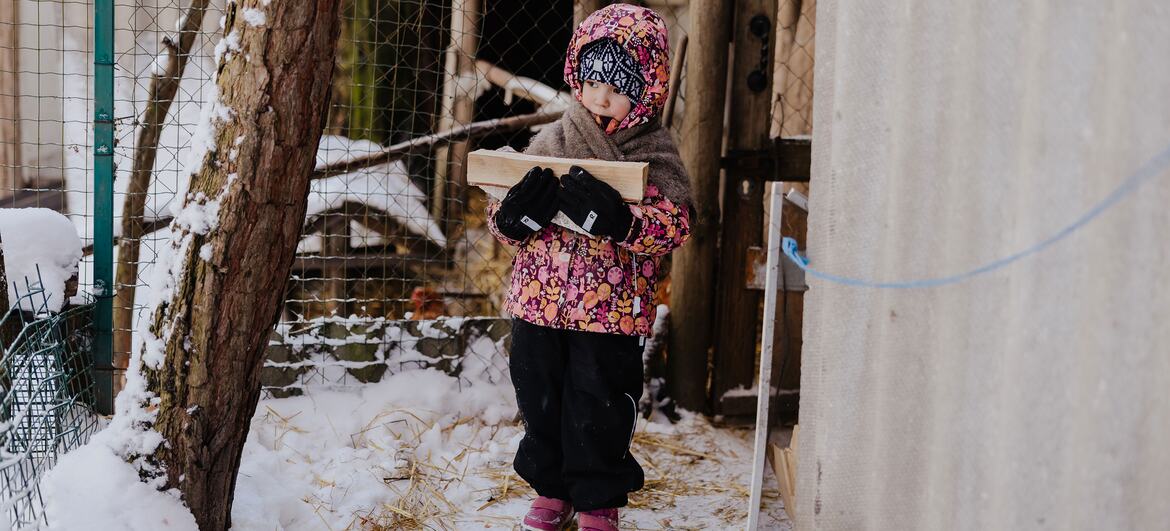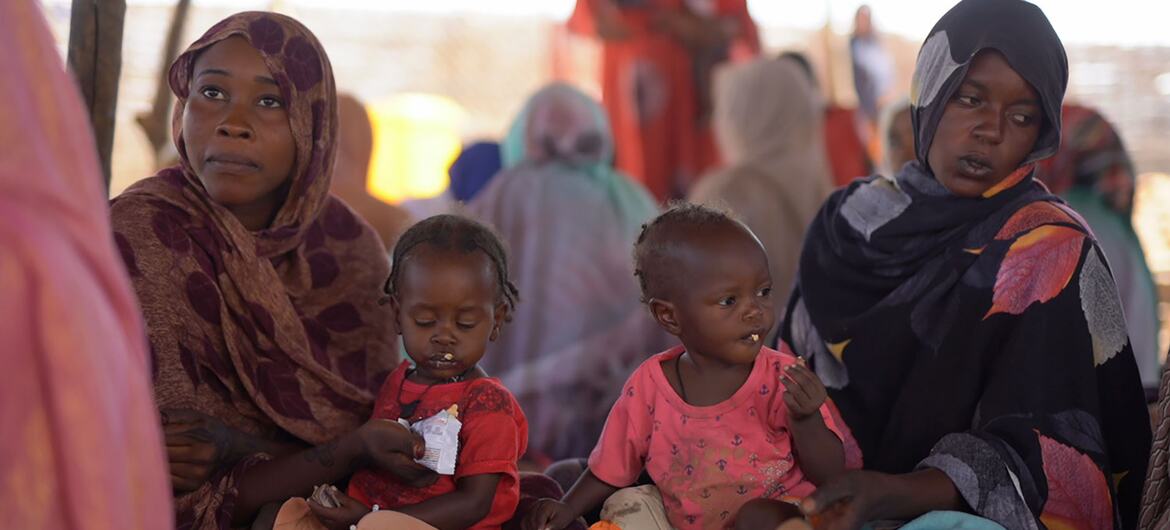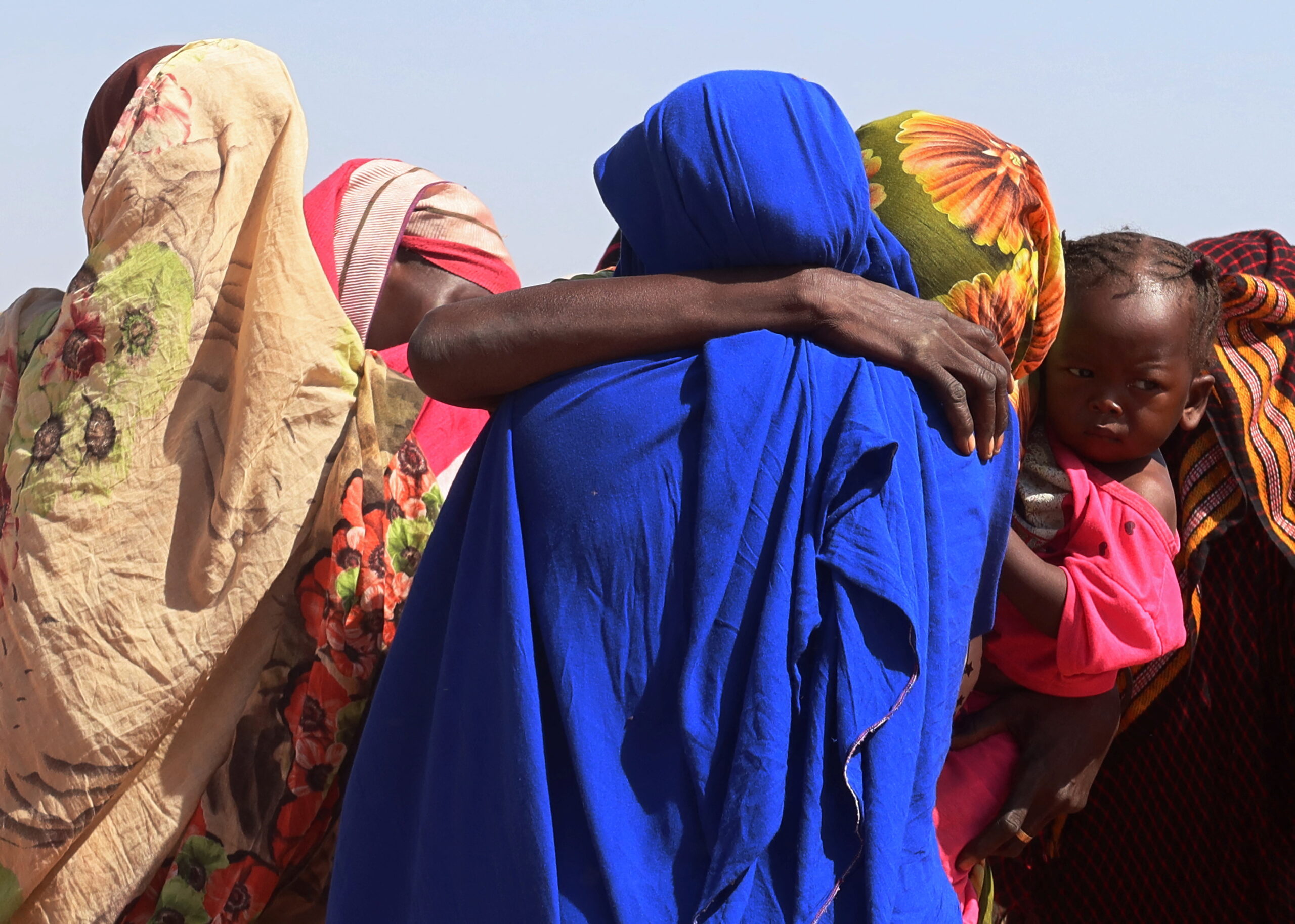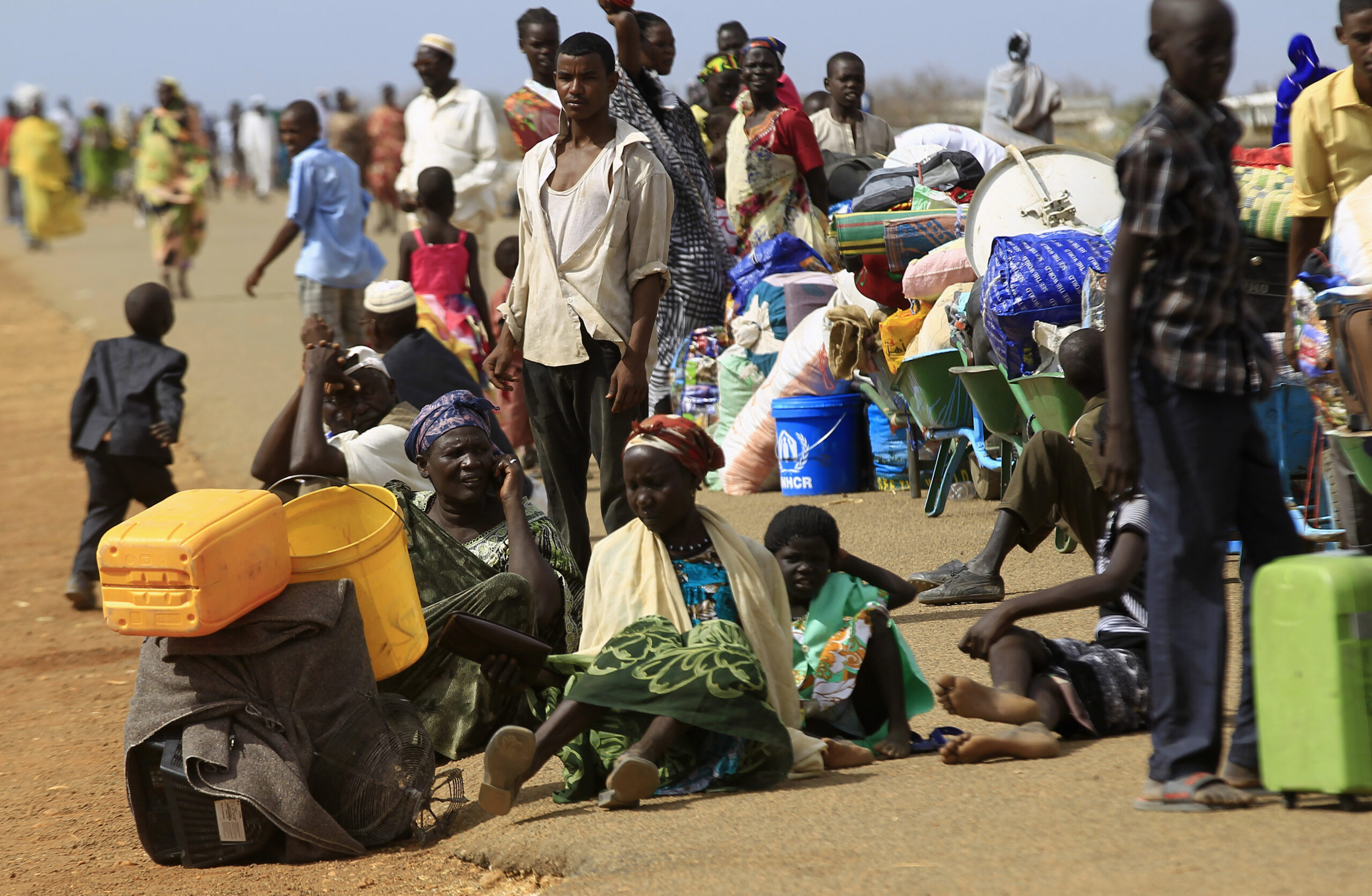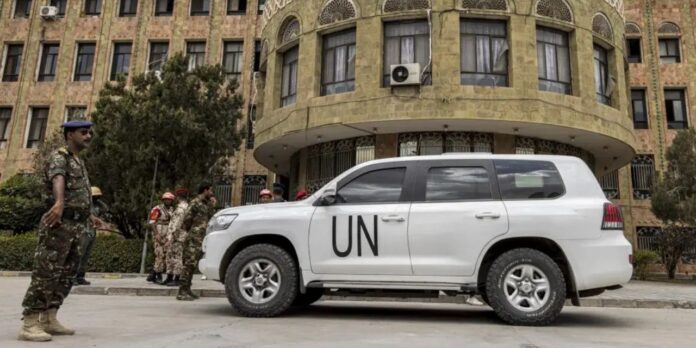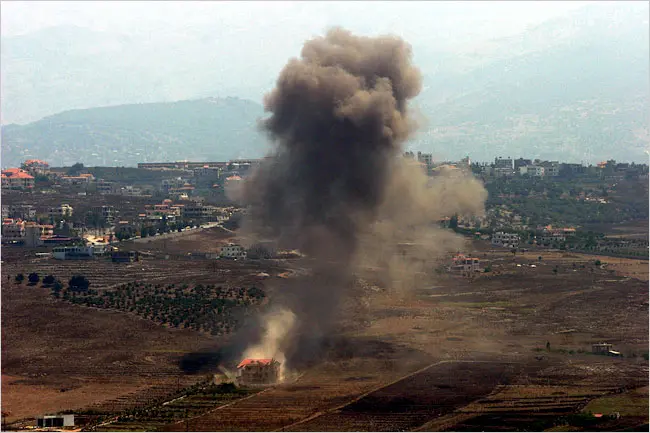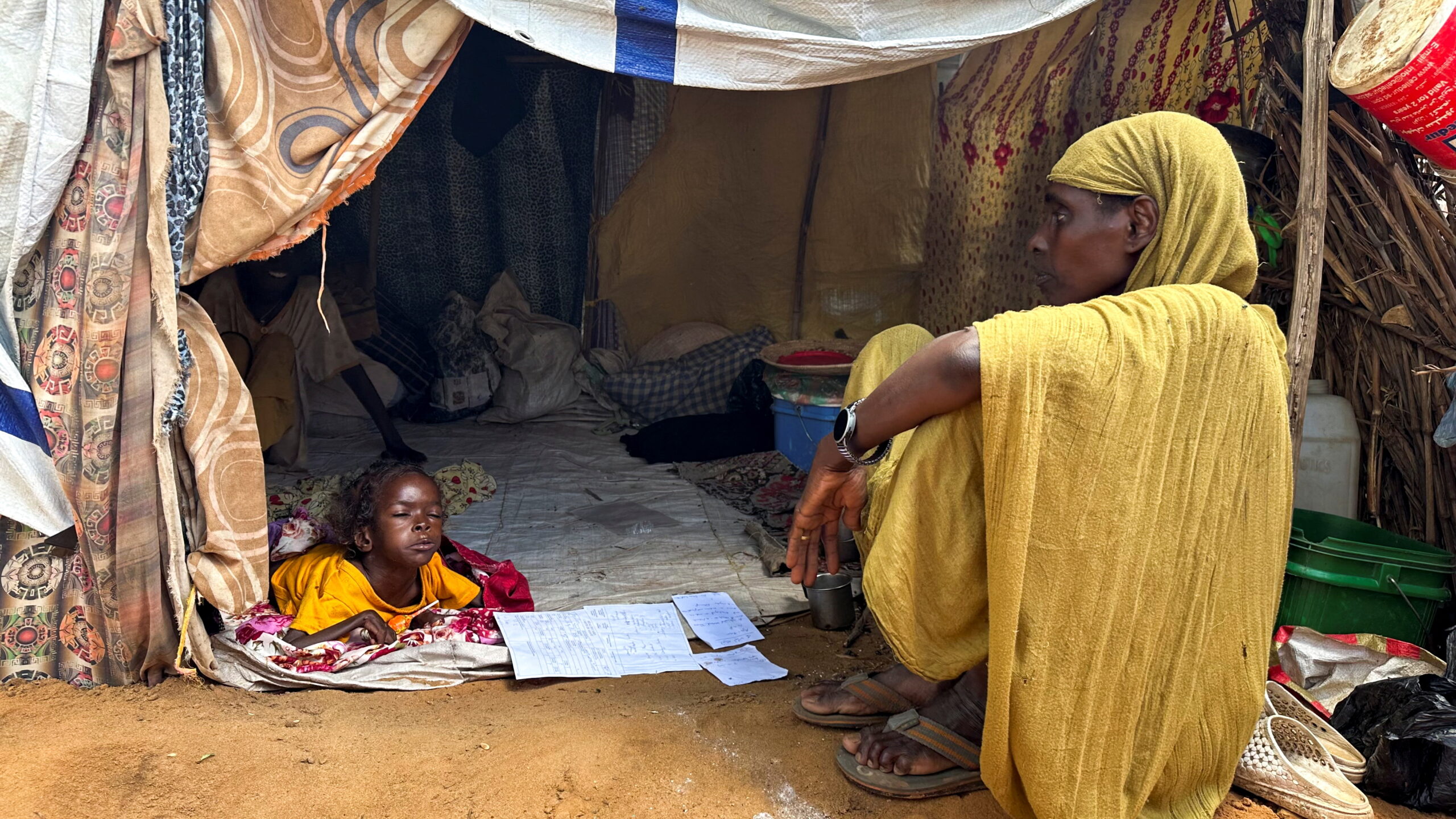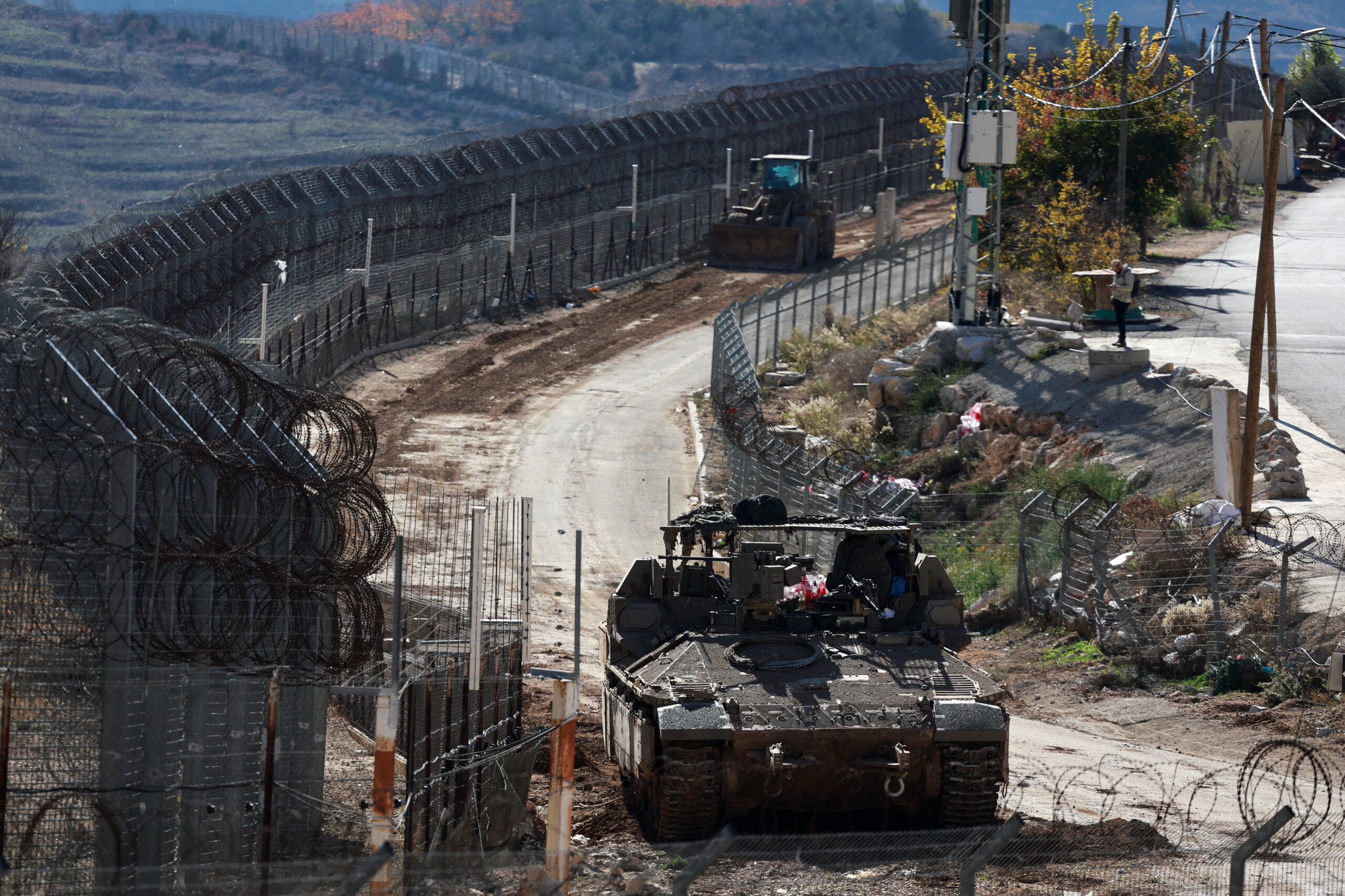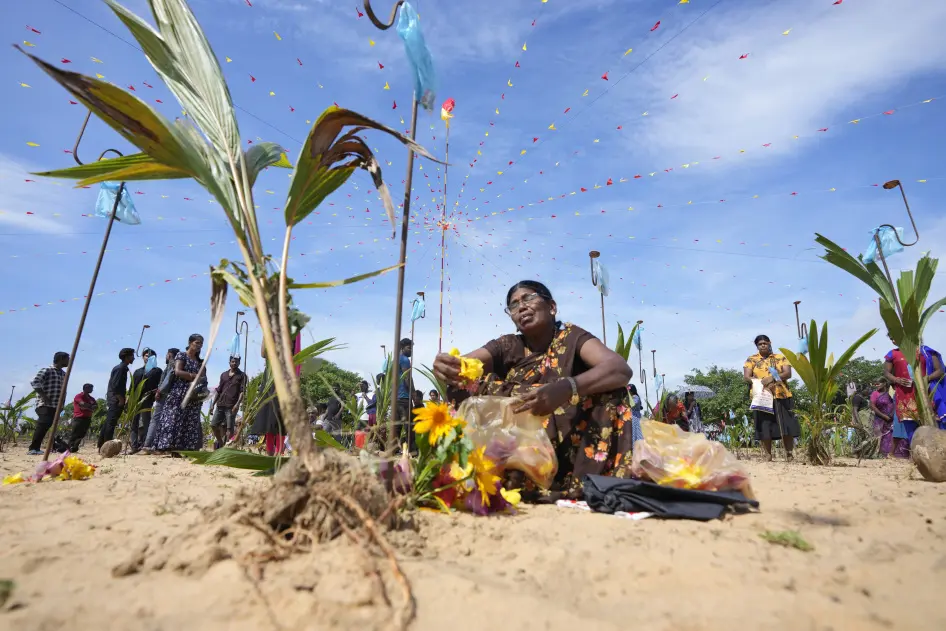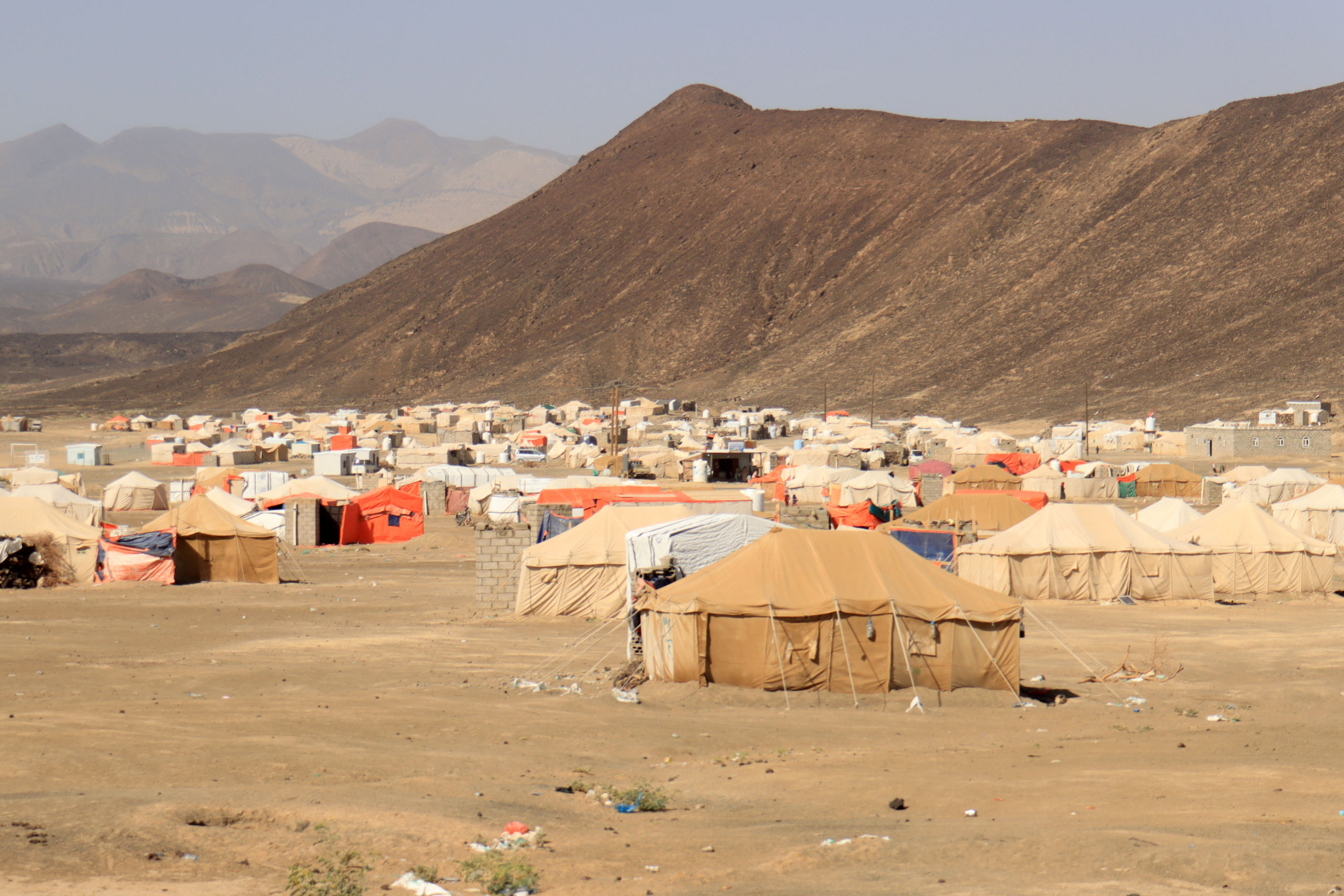Emergency SADC summit held on conflict in Mozambique
![The conflict in Mozambique has displaced more than 7000 people. [Adrien Barbier/AFP]](https://liberties.aljazeera.com/resources/uploads/2021/04/1618226765.jpeg)
The conflict in Mozambique has displaced more than 7000 people. [Adrien Barbier/AFP]
The Southern African Development Community (SADC) held an emergency meeting last week to discuss the crisis in Mozambique. The meeting was called an ‘Extraordinary Double Troika Summit’ (DTS).
The summit was convened by the President of Mozambique Filipe Jacinto Nyusi who is also the current SADC chairperson.
Six presidents from the 15-state regional bloc held the emergency talks in the Mozambican capital Maputo two weeks after the attack on the town Palma in which dozens were killed and thousands had to flee from their homes.
Palma is a port that lies close to a multi-billion dollar liquid natural gas (LNG) project.
Leaders of Mozambique, Malawi, Tanzania, South Africa and Zimbabwe attended the meeting.
The leaders affirmed in a statement that ‘such heinous attacks cannot be allowed to continue without a proportionate regional response’.
Investigating and prosecuting
David Matsinhe of Amnesty International said to Al Jazeera: ‘The technical team’s effectiveness will depend on its terms of reference, openness and cooperation with the Mozambican government. Lasting peace requires justice for the war crimes and violations of human rights that occurred. unless the technical team deals with this issue the attempts to restore peace will be futile.’
Donald Deya Chief Executive Officer of the Pan African Lawyers Union (PALU) said to Al Jazeera: ‘The ratification and coming into force of the Malabo protocol will help SADC states pool together their resources in jointly investigating and prosecuting the insurgents.’
The Malabo Protocol, a protocol of the African Union, provides for the inclusion of criminal jurisdiction within the remit of the African Court of Justice and Human Rights.
‘The response must be holistic rather than exclusively militaristic. The intervention must involve all relevant peacebuilding stakeholders.’ says Matsinhe.



